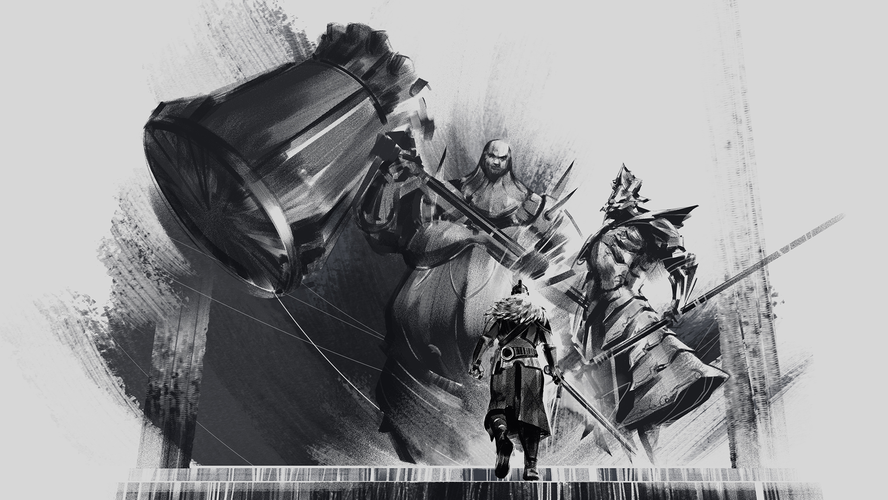We speak to QA Tester, Duncan Tyrer, about life at Firesprite
In this interview series, we speak to some of the staff here to provide an insight into life at Firesprite from a variety of disciplines within the studio.
Today we chat with QA Tester, Duncan!
![]()
What is your name and job title?
I’m Duncan Tyrer, and I’m one of the QA testers here, working across a few projects, most recently The Persistence.
What was your path into the games industry like?
I think my path into the games industry was straightforward: I’ve always played, competed in and broken games since I was young. During my careers week at secondary school, I made the choice to start pursuing a career in the games industry. A graduation from university and a year and a half working for Sony in Wavertree later, and here I am!
What is your favourite thing about working at Firesprite?
Well I’d say the “strong community and family” answer would be shared by quite a lot of people here, but one of the things I truly appreciate is the trust to work autonomously. I can only compare working here to my former workplace, but it’s a very liberating feeling to be able to come into work (back in the days when that was possible), and plan out my day, tasks or method of approach without being tied down to in-house standardised practices
How would you describe the role of QA and why it is a vital part of the industry?
Hmm that’s a complex question. QA is obviously about testing games (taking the time to dispel the myth that we get paid to play games). Inside that bracket there are Compliance testers (who approve a game to be released on their platform, such as those at PlayStation, XBOX and Nintendo) and then there are Functional testers who have a hands-on experience with a title. Our aim is to work through a game and find any faults that could break a game or negatively impact a consumer’s experience, as well as (depending on the project), suggesting ways that features or mechanics could be altered or improved on to help us improve the future gamer’s experience while playing the game. QA teams are good at looking at things that aren’t solely related to bugs such as UX, too, the sort of things that the development team may not see because they very close to the project, so we can also provide a different perspective which is more similar to the end customer.




